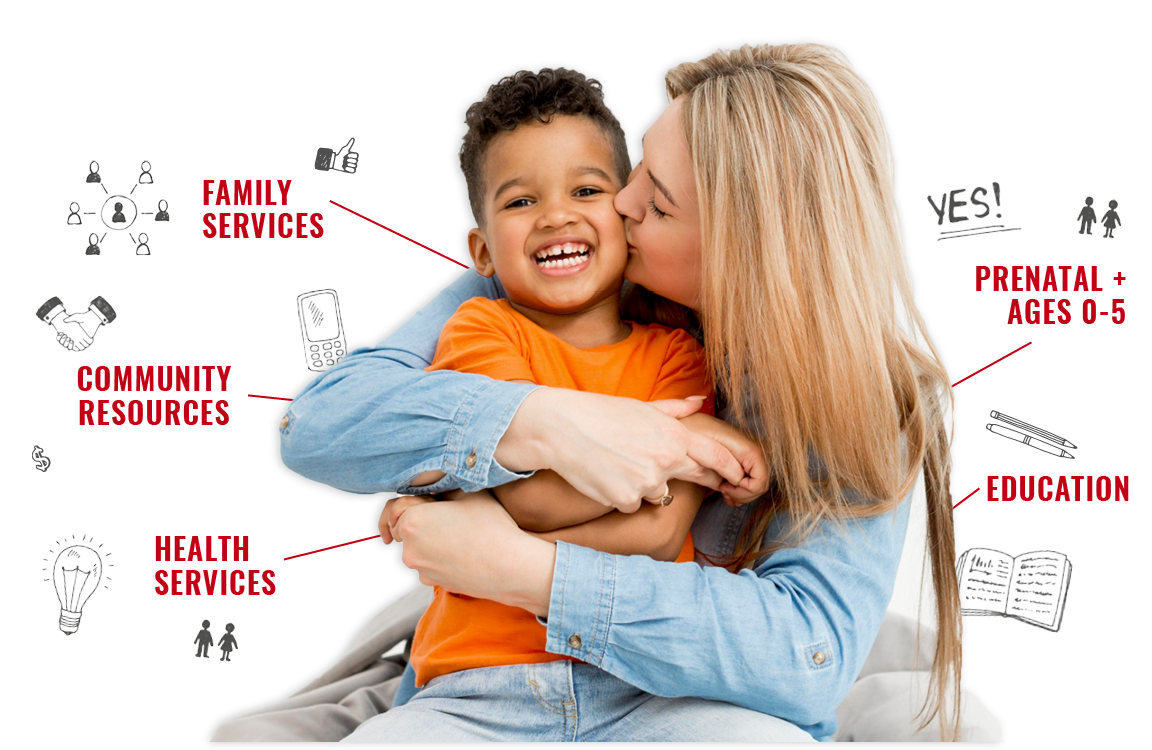
Get in Touch with the Head Start Team
We can't wait to hear from you! Our team is available to answer any questions you have or gather more information to help you make the best decision for your child. Please fill out the form below and one of our team members will be in touch with you.
Send a Referral to the Head Start Team
Please fill out the form below with as much information as you can, and one of our team members will be in touch with you soon.
A Whole Family, Whole Child Comprehensive Program
Discover why Head Start is much more than just preschool.
WCMCA Head Start and Early Head Start programs support the comprehensive development of children from birth to age 5 in centers and in their own homes. Head Start services include early learning, health, and family well-being. We serve Douglas, Grant, Otter Tail, Pope, Stevens, Traverse and Wadena counties.

Head Start Works!
Children who are enrolled in Head Start as preschoolers show:
STRENGTHENING CHILDREN, FAMILIES & COMMUNITIES
About Our Programs
Head Start and Early Head Start are state and federally funded programs for children birth to age five and pregnant mothers.
The programs offer comprehensive services to enrolled children and families, giving priority to limited income families and families of children with special needs.
Head Start is a leader in local collaborative efforts with school districts, health departments, employment and training institutions, government entities, and other organizations to provide the maximum in unduplicated services.
Head Start
For Ages 3-5
This is a center-based program for children ages 3-5 and typically meets 4 days a week. Actual dates & times vary by location – please click here to view locations & program times.
- A school-readiness approach is used
- Age-appropriate curriculum and assessment
- Health & nutritional services
- Dental services
- Services for children with special needs
Early Head Start
For Birth to Age 3
This is a home-based program for pregnant mothers and children from birth to age 3.